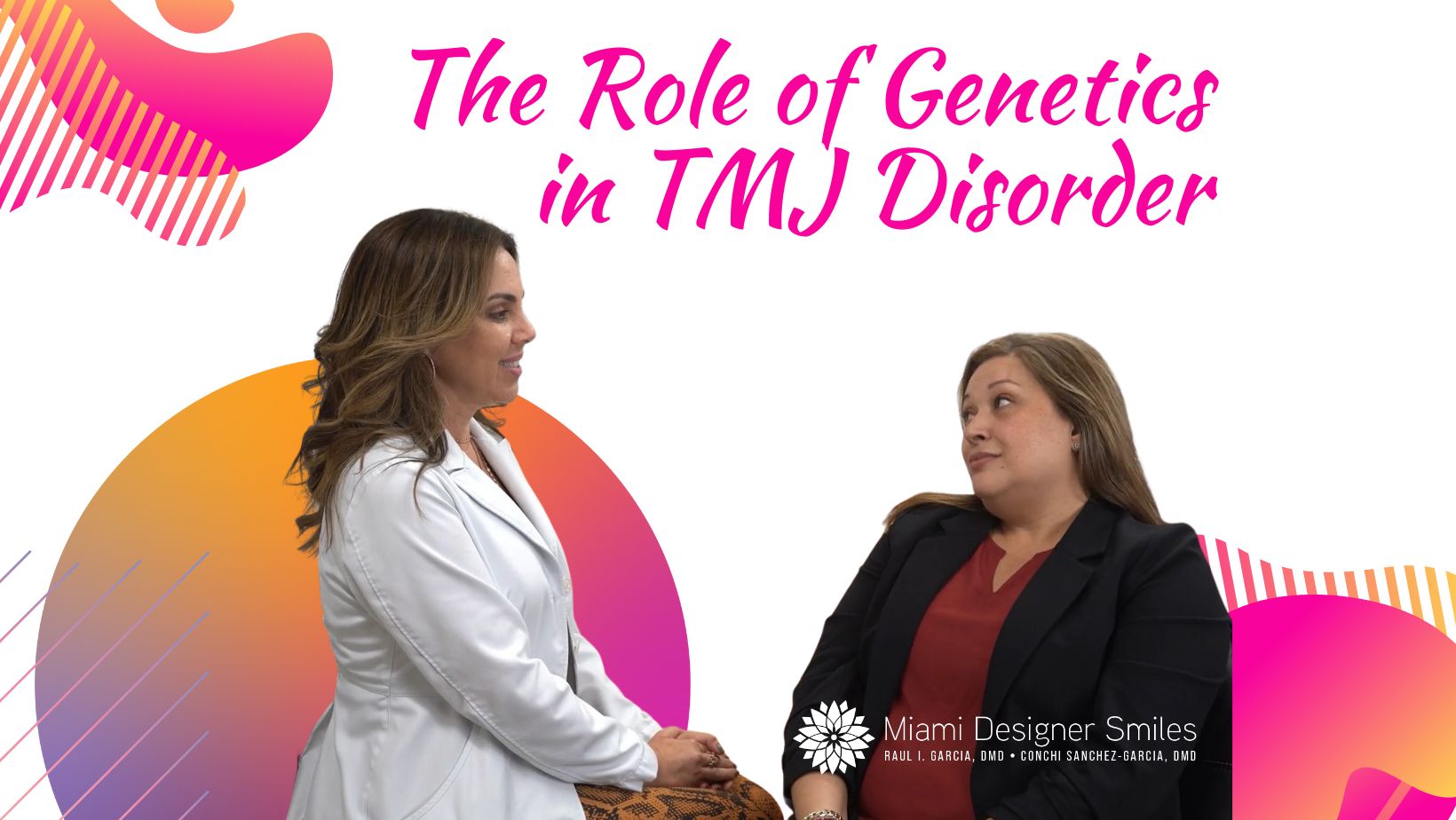
Could genetics play a role in developing temporomandibular joint (TMJ) disorder? This post investigates this crucial question that many dental professionals and patients often ponder by examining recent research and studies. It’s no secret that these disorders can significantly impact the quality of life, as well documented by Miami Designer Smiles, so a deeper understanding of potential genetic influences is vital.
Understanding TMJ Disorder
The temporomandibular joint, instrumental in essential functions like talking, chewing, and yawning, is arguably one of the most used and least understood parts of the human body. Misuse or strain can lead to TMJ disorder, a painful condition affecting both the joint and surrounding facial muscles. The experience and expertise of dental professionals, including Dr. Raul Garcia and Dr. Concepcion Sanchez-Garcia at Miami Designer Smiles, are often crucial for patients to find relief from these problematic symptoms.
Study on Genetics and TMJ Disorder
A recent study conducted by the National Institute of Dental and Craniofacial Research (NIDCR) showed that genetic factors could increase the risk of TMJ disorder. Their research pointed out certain genetic markers potentially linked to an increased susceptibility to this condition.
What The Study Concluded
Researchers found specific gene variants, almost twice as common in patients with TMJ disorder, indicating genetic factors could predispose certain individuals to this painful condition. However, they also noted that their research was preliminary and a more in-depth examination would be necessary.
What This Research Means for Oral Health
Discoveries like these could be transformative, offering better preventive strategies at molecular and personal levels. This possibility could heavily impact dental facilities like Miami Designer Smiles, dedicated to helping individuals manage or mitigate TMJ disorder symptoms.
The Future of TMJ Disorder Research
As understanding of genetic factors impacting TMJ disorder grows, researchers hope to develop new interventions. Such advances might employ gene-targeted therapies, gene editing, and innovative approaches in dentistry and orthodontics, including neuromuscular orthodontics as practiced at Miami Designer Smiles.
Toward A More Genetics-Focused Approach
If genetics proves to be a significant factor in TMJ disorder, dentistry will likely shift toward a more genetics-focused approach. This could include identifying at-risk patients early and implementing preemptive strategies to prevent or alleviate symptoms, potentially changing many lives for the better.
The Potential Impact on Treatments
This new understanding could revolutionize TMJ disorder treatments. Not only could it lead to fewer people suffering from TMJ disorders, but those who do might face a broader array of treatment options specifically tailored to their genetic makeup.
Conclusion
Genetics may indeed influence the risk of developing TMJ disorder. While research is ongoing, preliminary findings are promising and could be a game-changer in terms of understanding, preventing, and treating this painful condition. Dental clinics like Miami Designer Smiles stand ready to incorporate these advancements into their practices, enhancing patient care with cutting-edge science.
In the meantime, Miami Designer Smiles continues to offer comprehensive treatment and care for TMJ disorder patients. The industry-leading practice, led by experienced dental professionals Dr. Raul Garcia and Dr. Concepcion Sanchez-Garcia, truly represents the integration of science, medicine, and dentistry in action—always looking forward to the next big leap in patient care.



